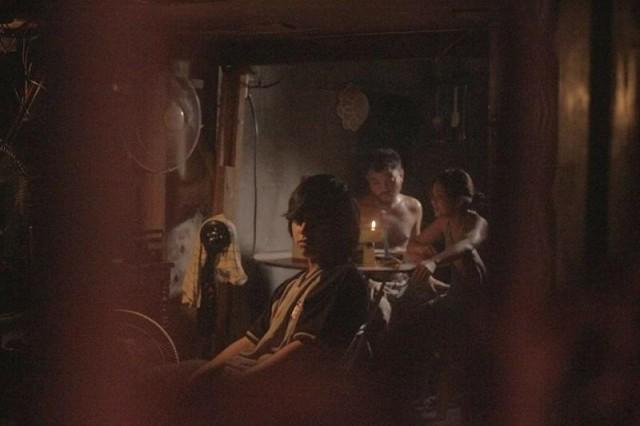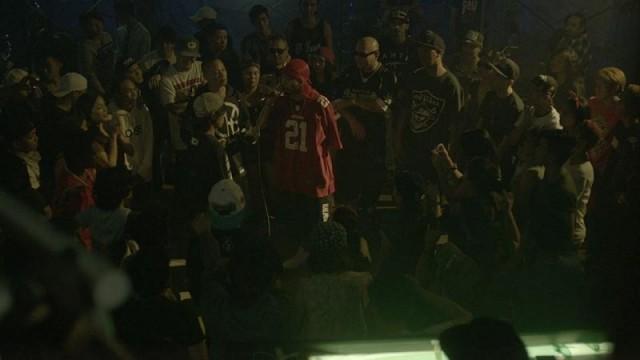'Respeto': Where drug runners are poets
This is the lurid, tender and irresistible backstory of our blood-soaked news.
The drug-war corpses that have filled our TV screens are rarely reintroduced as living people who came from somewhere.
In "Respeto", the victims, villains and other players in the drug war live in typical urban squalor, yet poverty porn this movie is not.
The deadends have an escape hatch to smoky liberating spaces where drug couriers become poets.
The pulsating soundscape in this sleeper hit is a constant reminder that the petty hoodlums in "Respeto" are almost magically empowered with words.
The director Treb Monteras acquaints us with a shockingly different urban grittiness, deploying the brilliant device of the real-world underground fliptop rap scene where toughies snarl at each other in clever, offensive verse.
The rapper Abra displays some acting chops as Hendrix, an orphan forced to be a runner for the shabu-dealing boyfriend of his addicted sister. Hendrix is a nuanced protagonist, not entirely sympathetic, a street punk you would not trust.

It is only as a rhyming gladiator in the fliptop pit that Hendrix has any kind of control over his destiny. Defeat in that unforgiving milieu gets him bullied by his rap rival Breezy G (played by real-life rapper Loonie).
An arrest for petty theft of a second-hand Pandacan bookstore lands Hendrix and his two beshies in the orbit of grizzled store owner Doc, who as part of their punishment require them to repair his store.
Doc becomes the Mr. Miyagi to this shabuland karate kid, who discovers that Doc wielded a flinty poetic pen in his time.
The villain in the story is a cop, who happens to be Doc's greedy son pressuring his father to sell the corner property where he peddles his books.
The cop is also involved in the local drug trade, perhaps the kind of rogue in uniform the President talks about while encouraging them to kill.

In a moment that connects our era with a similarly harrowing time, Doc reveals to his protégé Hendrix that he and his family were victims of martial law enforcers, policemen who were empowered with impunity decades before. In a cruel irony, his son has become today’s neighborhood cop from hell.
The dystopian world where the drug war is happening is a place where many are trapped, where poetry provides the only relief and some measure of redemption. But there is no space exempted from the violence.
Yet it is precisely the love of words – the focus with which Hendrix puts pen to paper, the visit of the street rappers to a traditional Balagtasan as part of Doc’s gruff mentoring – that allows tenderness to seep into this profane environment and suddenly humanize every nanlaban corpse that ever made the news. That is why this is an important film.
And there is catharsis in its exquisitely brutal ending, which allows every outraged citizen to leave the theater feeling they just showed the middle finger to all the bad guys who share this era with them. — LA, GMA News




